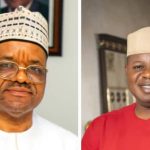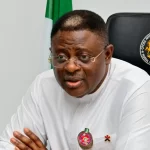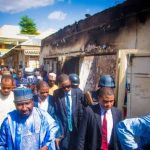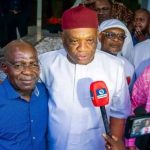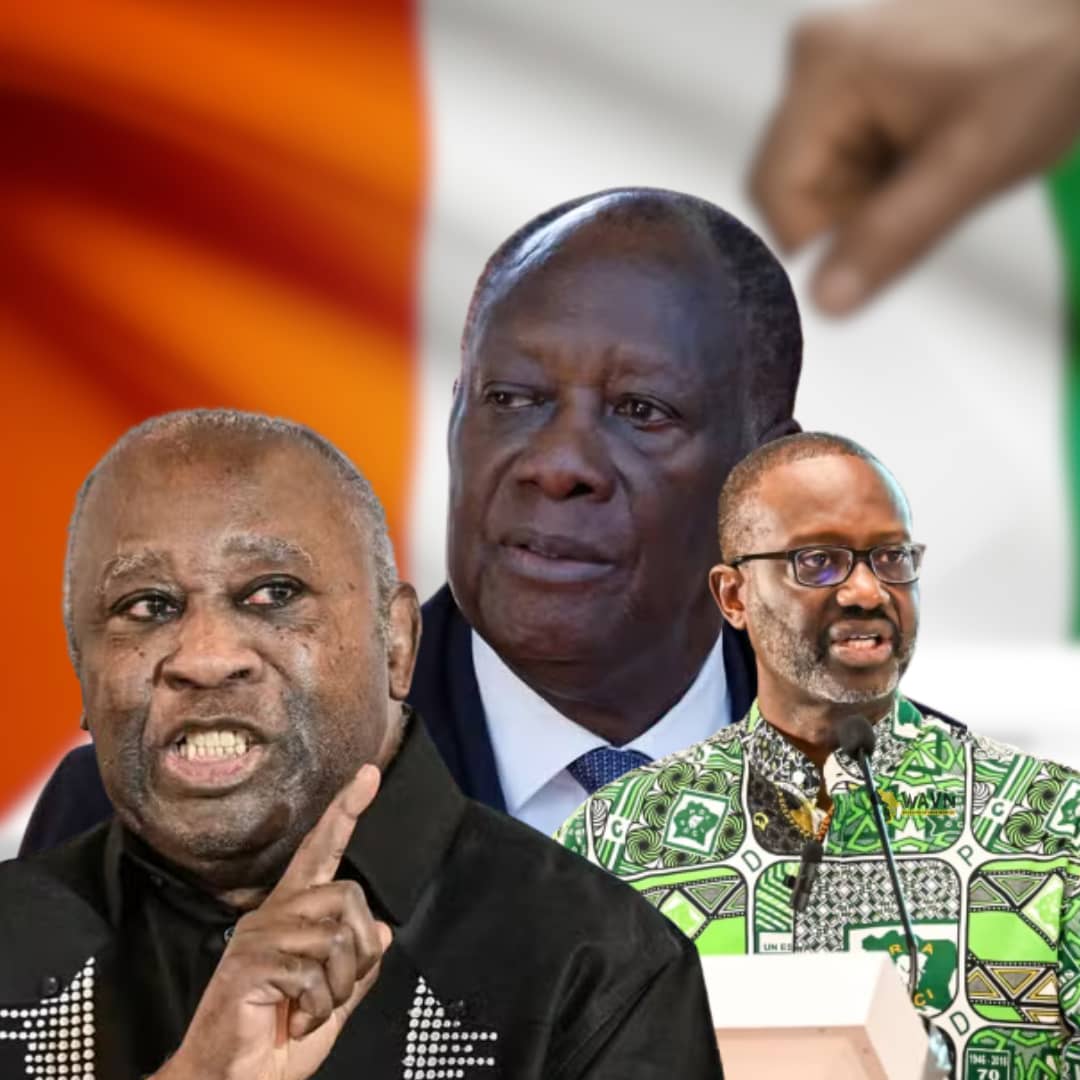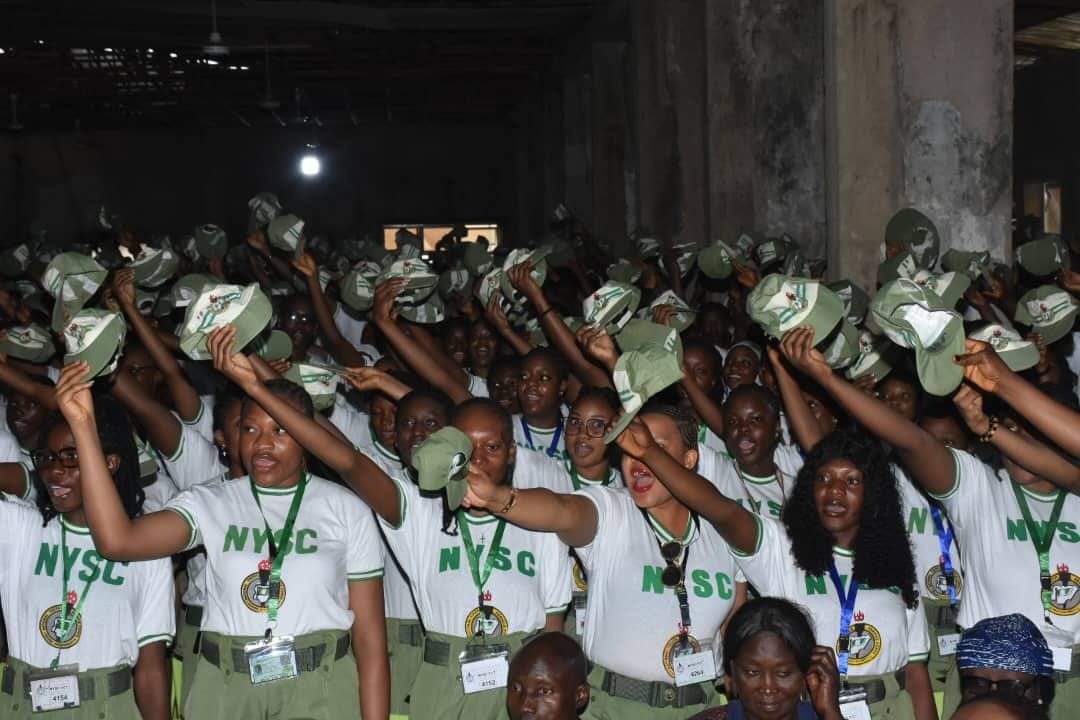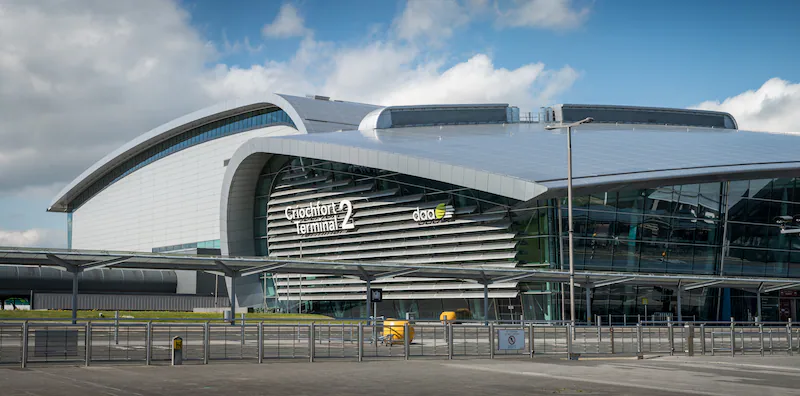Africa doesn’t just need capital — it needs coordinated leadership. Nigeria, with its vast population, robust entrepreneurial ecosystem, and emerging reform agenda, has the potential to lead the continent into a new era of global integration. This will require aligning national policy with international development frameworks and leveraging platforms like the Spring Meetings to attract investment, shape narratives, and push for inclusive reforms.
From 21–26 April, global economic leaders will convene in Washington, DC, for the Spring Meetings of the International Monetary Fund (IMF) and the World Bank Group (WBG). Among the many nations in attendance, Nigeria finds itself at a particularly pivotal moment — not just as Africa’s largest economy, but as a nation poised to define what sustainable growth looks like on the continent.
I had the opportunity to attend the 2024 Annual Meetings, where optimism about Africa’s potential was palpable. But the upcoming Spring Meetings hold even greater significance. This year’s discussions will centre on a vital question: Can Africa’s abundant young workforce become the engine that powers aging, capital-rich economies in the Global North?
The path forward requires more than hopeful rhetoric — it demands bold investment in people.
A New Era of Economic Alignment
At the 2024 Spring Meetings, Nigeria was acknowledged as a regional leader making tough but necessary economic reforms. The World Bank and IMF commended Nigeria’s monetary tightening efforts, leading to a revised GDP growth forecast of 3.34 per cent. Finance Minister Wale Edun emphasised that targeted investments in agriculture, manufacturing, and energy were yielding measurable results — not only stabilising inflation, but increasing food security and reducing import dependency.
And yet, the most impactful stories often come from the margins: households, communities, and youth whose futures depend on systemic support.
In that context, Nigeria secured three major development packages in early 2025 that speak volumes about its renewed global partnerships and long-term vision:
- $80 million for the Accelerating Nutrition Results in Nigeria (ANRiN) 2.0 initiative to combat child malnutrition and maternal health challenges;
- $552 million for the HOPE for Quality Basic Education for All programme to close the education equity gap and uplift Nigeria’s learning outcomes;
- $500 million for the Community Action for Resilience and Economic Stimulus Programme (CARES 2.0) to provide direct support to vulnerable households and local businesses.
These aren’t just financial figures — they represent strategic investments in Nigeria’s human capital and resilience. Nutrition, education, and grassroots economic empowerment are the building blocks of inclusive prosperity.
April’s global tariff rollouts, driven by geopolitical tensions and trade realignments, have triggered sharp fluctuations across international markets — affecting investor sentiment, currency stability, and inflation expectations. With many African nations still vulnerable to external shocks, decisions made at the IMF and World Bank Spring Meetings will shape how developing economies navigate this volatility.
Navigating a Turbulent Global Economy
These commitments come at a time of growing global uncertainty. April’s global tariff rollouts, driven by geopolitical tensions and trade realignments, have triggered sharp fluctuations across international markets — affecting investor sentiment, currency stability, and inflation expectations. With many African nations still vulnerable to external shocks, decisions made at the IMF and World Bank Spring Meetings will shape how developing economies navigate this volatility.
For Nigeria, this means maintaining a delicate balance: protecting financial stability while expanding access to education, healthcare, and social safety nets. A key opportunity lies in fintech and digital infrastructure — especially in the wake of USAID’s scaled-back engagement in many African markets. Fintech can serve as a bridge, providing scalable solutions in health financing, social protection, and SME growth.

It is encouraging to see technology playing a role in these conversations. Platforms like Sanicle.cloud, which integrates AI-driven support for workplace wellness, represent the next frontier of healthtech — meeting women where they are and addressing issues like menstrual and menopause-related absenteeism that have long been overlooked in corporate policy and public discourse.
Where Nigeria Can Lead
Africa doesn’t just need capital — it needs coordinated leadership. Nigeria, with its vast population, robust entrepreneurial ecosystem, and emerging reform agenda, has the potential to lead the continent into a new era of global integration. This will require aligning national policy with international development frameworks and leveraging platforms like the Spring Meetings to attract investment, shape narratives, and push for inclusive reforms.
High-level side events such as the Edo Multi-Sector Global Partnership Summit, Africa Fintech Summit, and IMPACT-WB25X at the Hopkins Bloomberg Center provide invaluable spaces to deepen partnerships, announce reforms, and showcase scalable models. These are not photo opportunities — they are policy platforms.
Today, Femtech has already raised $241 million in venture capital in 2024, and that number is growing. It’s a signal that women’s health isn’t a sidebar, but a core business case for productivity and economic inclusion.
The 2025 IMF and World Bank Spring Meetings must be more than symbolic. They offer a critical forum to move from commitment to execution, from policy to people. If Nigeria can champion solutions that empower women, educate children, and protect its most vulnerable citizens — all while stabilising the macroeconomic environment, it will do more than recover. It will lead.
Nigeria, and Africa more broadly, are not short on visionaries or talent. But to scale impact, we need targeted funding, regulatory innovation, and technical partnerships.
This year, as the world convenes once again to discuss how capital flows, currencies rise, and communities build resilience, Africa must take its seat not just at the table — but at the helm.
The path ahead is not merely about stabilising economies; it’s about unlocking a continent’s potential to drive global growth, powered by people, platforms, and purpose.
Let this be the year that Nigeria — and Africa — move from pilot to policy, from programme to platform.
The world is watching. And we are ready.
The 2025 IMF and World Bank Spring Meetings must be more than symbolic. They offer a critical forum to move from commitment to execution, from policy to people. If Nigeria can champion solutions that empower women, educate children, and protect its most vulnerable citizens — all while stabilising the macroeconomic environment, it will do more than recover. It will lead.
Africa’s demographic advantage is no longer theoretical. The world is watching. Nigeria is ready to step into its role — not as a recipient of aid, but as a co-architect of global growth.
Chaste Inegbedion, a femtech founder, writes from the US.
Support PREMIUM TIMES’ journalism of integrity and credibility
At Premium Times, we firmly believe in the importance of high-quality journalism. Recognizing that not everyone can afford costly news subscriptions, we are dedicated to delivering meticulously researched, fact-checked news that remains freely accessible to all.
Whether you turn to Premium Times for daily updates, in-depth investigations into pressing national issues, or entertaining trending stories, we value your readership.
It’s essential to acknowledge that news production incurs expenses, and we take pride in never placing our stories behind a prohibitive paywall.
Would you consider supporting us with a modest contribution on a monthly basis to help maintain our commitment to free, accessible news?
Make Contribution
TEXT AD: Call Willie – +2348098788999

© Premium Times

